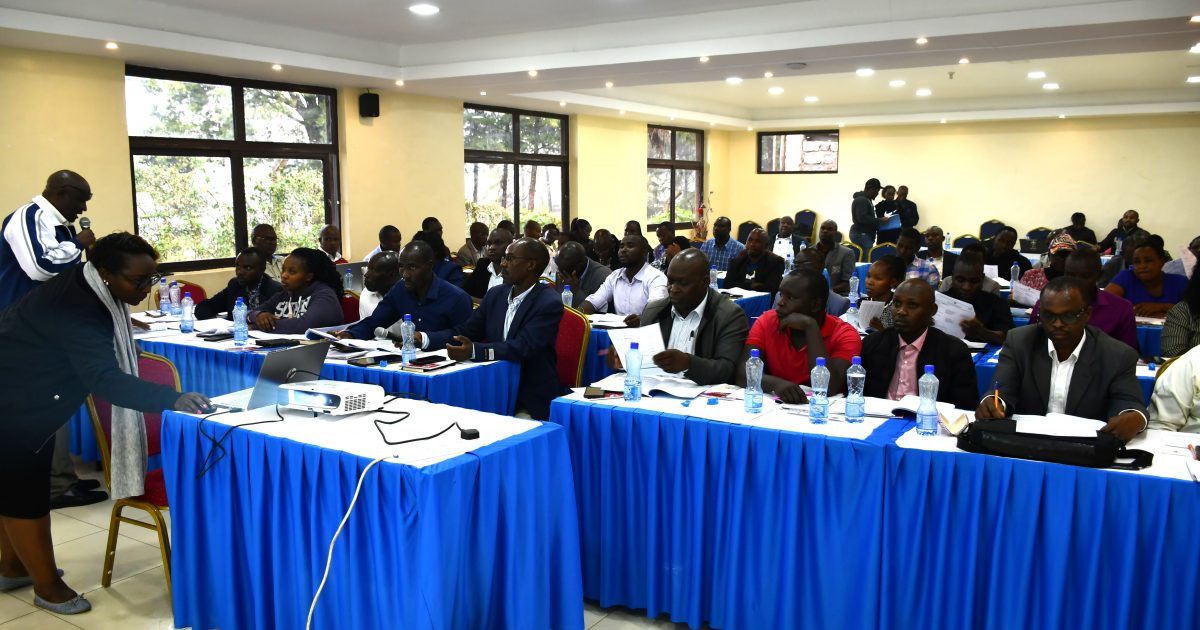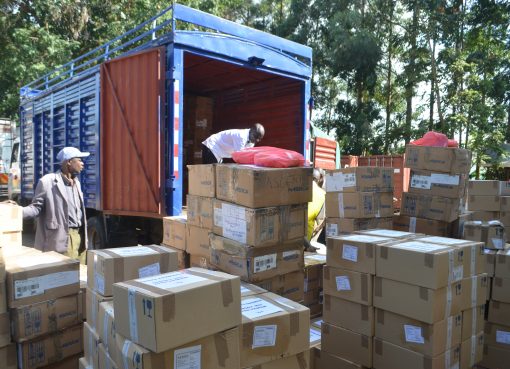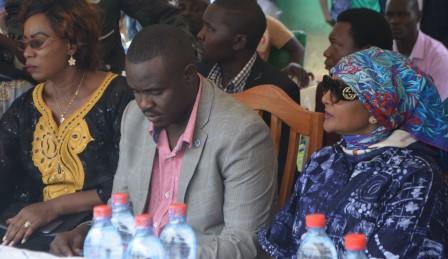Kericho County Chief Officer in charge of Agriculture and Fisheries Willy Rop has said that Phase 2 of the farmers’ digital registration through the Kenya Integrated Agriculture Management Information system (KIAMIS) will officially kick off in Kericho County across all the six sub-Counties.
Speaking during the training of supervisors who will oversee the data collection exercise, Rop said the objective of the registration of farmers is to create a comprehensive national farmer registry, where stakeholders can leverage farmer and farm data, allowing for better data-driven decisions for policy makers
The crucial exercise in the implementation of the Agriculture Transformation and Growth Strategy (ASTGS) 2019-2029 will be carried out from 4th to 25th of September with a total of 55 supervisors (six senior supervisors, 30 ward supervisors and 19 assistant ward supervisors) and 376 enumerators to be distributed in all the sub-locations.
The Chief Officer said that Kericho County government aims to continue empowering the local farmers, therefore the central farmers’ database that will be created will facilitate effective budget-making process, planning, reaching out to the market and invitations to investors, research and also proper allocation of resources.
“With this data, we will be able to better promote the cash crops in the County such as tea, coffee production of avocado and dairy farming and so I urge the farmers to cooperate and give out accurate information,” added Rop.
At the same time, Kericho County National Value-Chain Development Project Coordinator, Mr. Erick Ng’eno explained that the Kenya Integrated Agriculture Management Information System (KIAMIS) will not only register farmers, but also provide e-extension, credit management and mechanization services by the government and counties.
He added that the officers who will carry out the data collection will have undergone a rigorous training to ensure they capture crucial information from the farmers through KIAMIS that will support effective and efficient service delivery and boost agricultural food production since farmers will be able to access farming inputs and markets for their produce.
“Policy makers will able to access and utilize timely information in order to make the right decisions that will improve the livelihoods of farmers and agricultural performance across the farming value chain, since data will not only be collected from the farmers, but also from the registered Agro- dealers who are the input suppliers in the county,” said Ng’eno.
The Ministry of Agriculture and Livestock Development and FAO will implement KIAMIS phase 2 that targets more farmers after phase 1 managed to cover at least 4.3 million farmers.
By Kibe Mburu




